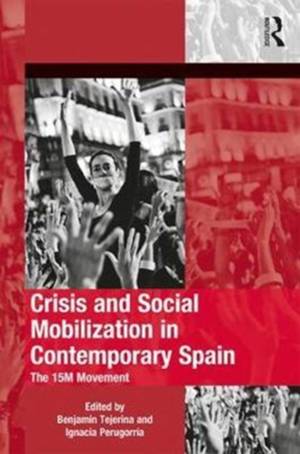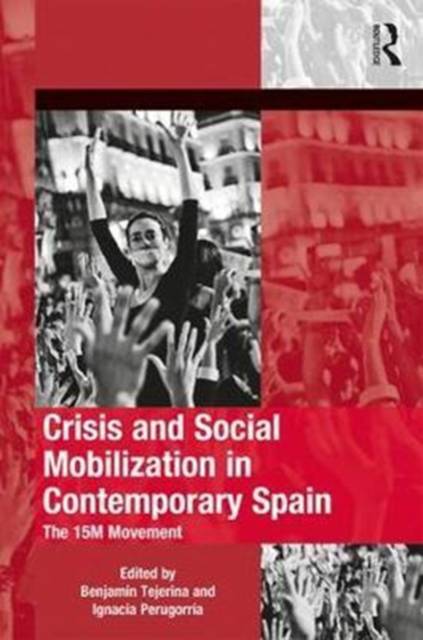
- Retrait gratuit dans votre magasin Club
- 7.000.000 titres dans notre catalogue
- Payer en toute sécurité
- Toujours un magasin près de chez vous
- Retrait gratuit dans votre magasin Club
- 7.000.0000 titres dans notre catalogue
- Payer en toute sécurité
- Toujours un magasin près de chez vous
Crisis and Social Mobilization in Contemporary Spain
The 15M Movement
Description
The year 2011 marked the emergence of a series of mobilizations of the indignant that spread like wildfire around the world-from the Arab Spring to Europe, and soon afterwards to Occupy Wall Street, the Spanish 15M was pivotal to the transnational diffusion of protest. This volume analyzes the features that turned the 15M into a beacon for international mobilization, and those that garnered it unprecedented domestic support, surpassing historic socio-economic and politico-ideological fractures in Spain. It also delves into its gradual demise, and its profound impact on the emergence of political "offsprings" that portray themselves as heirs to the 15M spirit, such as Podemos.
This book sheds new light on the 15M phenomenon, providing an international perspective that rejects cultural, economic, and even political reductionism. Including insights from sociologists and political scientists from around the world, it explores themes such as identity, emotion, cultural resources, the media, and the relationship between social movements, regional institutions and the state. Each chapter reflects on the impact and legacy of the 15M movement, as well as the important questions it raises about the current theoretical framework for social movements in Spain and beyond.
Crisis and Social Mobilization in Contemporary Spain: The 15M Movement
is a fascinating read for all students and scholars with interests in political sociology and social movements.Spécifications
Parties prenantes
- Editeur:
Contenu
- Nombre de pages :
- 220
- Langue:
- Anglais
- Collection :
Caractéristiques
- EAN:
- 9781472431363
- Date de parution :
- 02-10-17
- Format:
- Livre relié
- Format numérique:
- Genaaid
- Dimensions :
- 156 mm x 234 mm
- Poids :
- 489 g

Les avis
Nous publions uniquement les avis qui respectent les conditions requises. Consultez nos conditions pour les avis.





